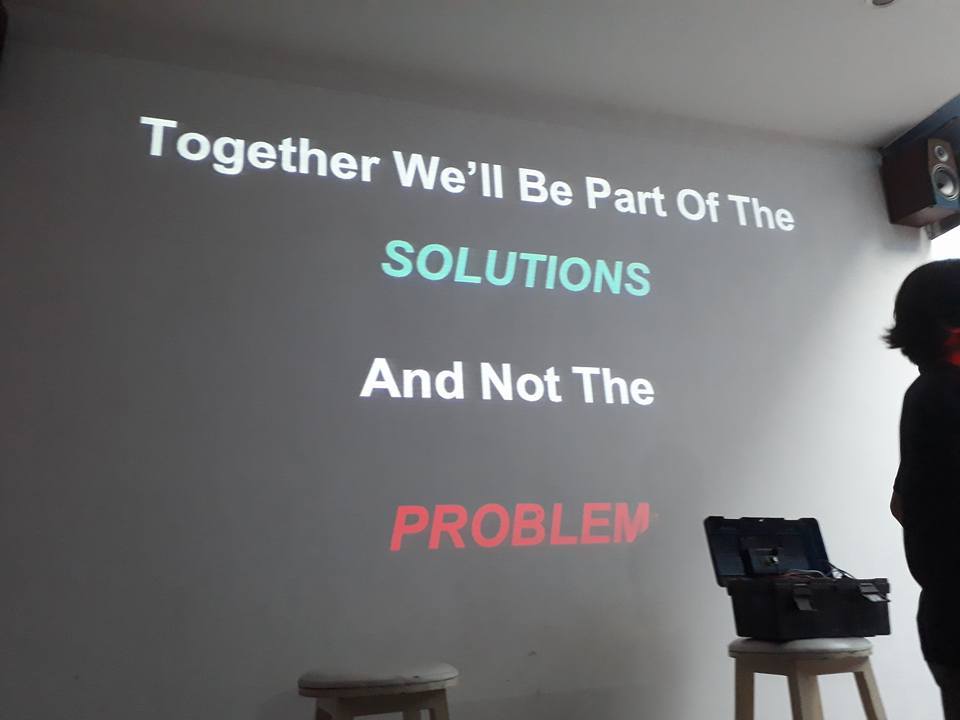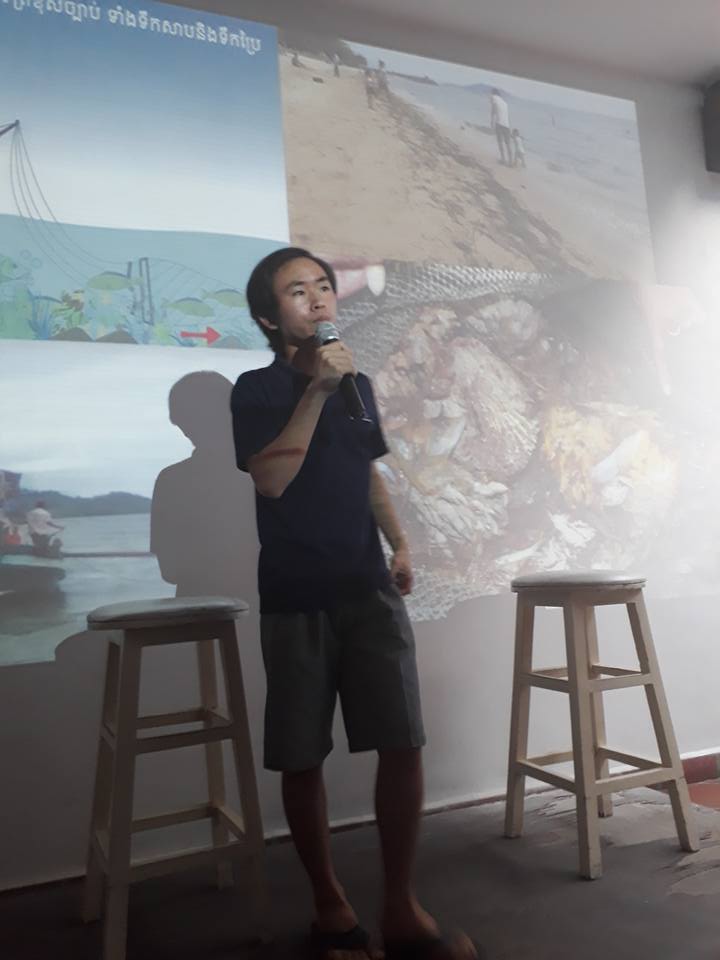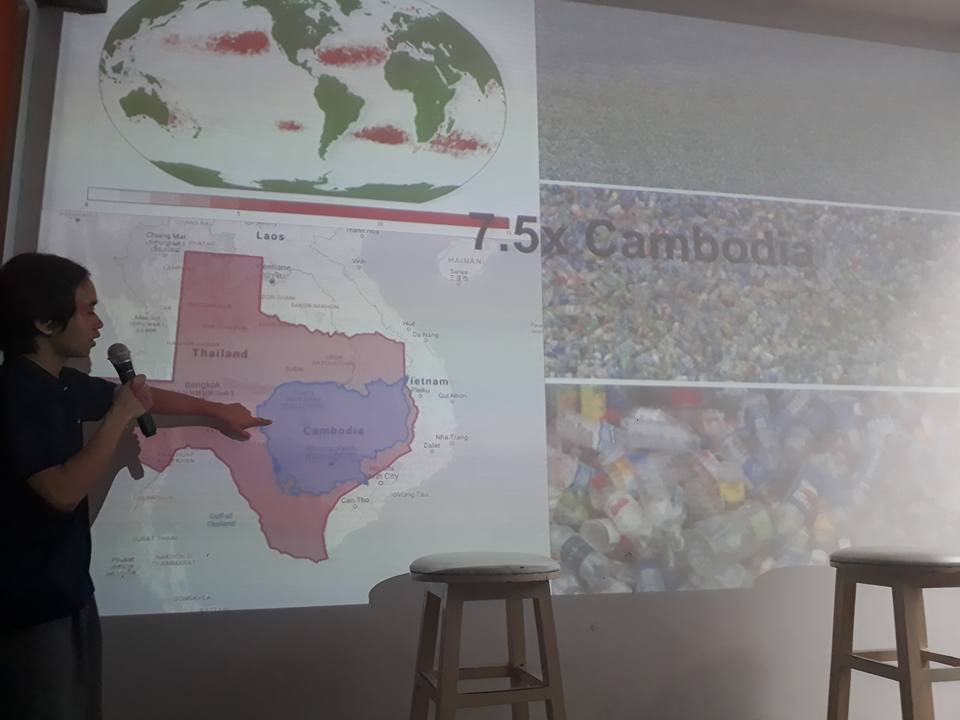I really like my round four exploration which was about creating an effective survey, implementing it, and writing a report on the data collected. We focused on a school down at Komspeu province called Chbar Chros Community school (CCC), the only school for three remote villages. There was a survey done before the school was built and another one after the opening of the school to Chbar Chros (CC) village, the village where the school is located, to assess their medical, education, nutrition, and development, the four focusing areas of CCC. During our exploration, in 2018, our group did another survey to follow up and see the improvements in those areas by comparing it to the previous one.
While creating the survey, we divided the responsibility up based on the four areas. I worked very closely with the Nutrition part. Because there was a lack of nutrition-based questions in the previous survey, I didn’t have any baseline to work with; so I kind of set a baseline for the nutrition status. I wanted to make a strong baseline, so I looked at reports done at other places that assess nutritional status and used it as a guide.
Once the survey was created, we did many trials to make sure the questions make sense and are easy to understand. Each survey took 30 to 40 minutes so we recruited other students to help us out during the implementation of the survey at the villages. We spent a whole Sunday, the day which people aren’t working, interviewing 103 families. Afterward, we input the data into a spreadsheet to maximize our efficiency in analyzing it. The input and analysis process definitely took quite a while (more than two weeks). Turning our findings into a report was the last step before our exploration ended. Our report will go on CCC website to attract potential donors by showing them what they’re money will be used for, and showing the past and/or current donors what they’re money has done to the villages.
Overall, I am really proud to be part of this exploration.



